Is ‘Crisis’ Thinking About Youth Mental Health Doing More Harm Than Good?
ED Surge
SEPTEMBER 6, 2024
One of the biggest challenges to making communities that are overall better for youth mental health is the very way the issue is talked about, says Nat Kendall-Taylor, CEO of the FrameWorks Institute and a psychological anthropologist. What Motivates the Adolescent Brain?



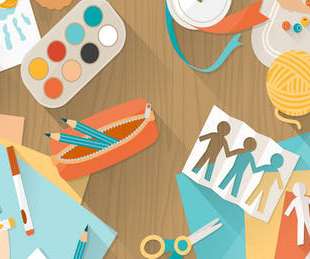
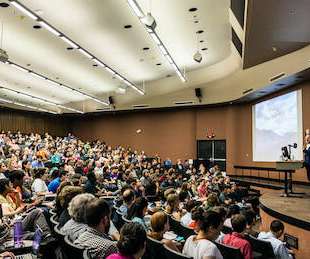
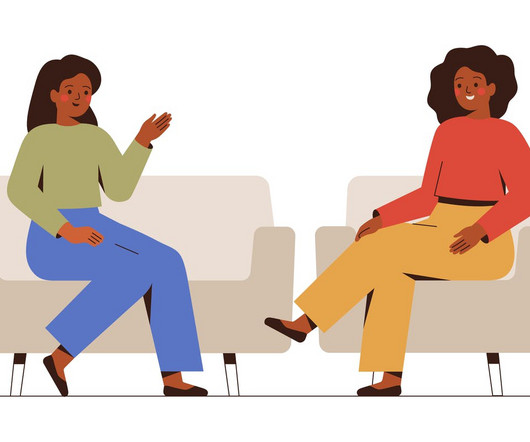



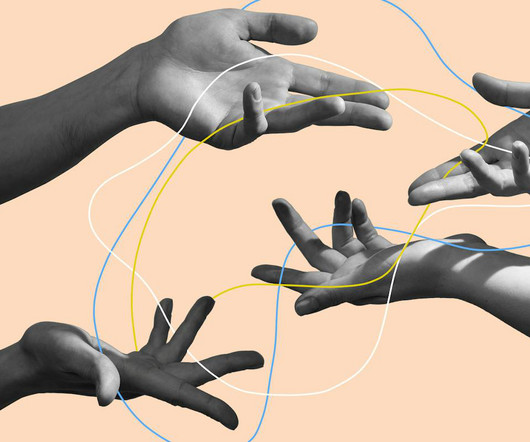
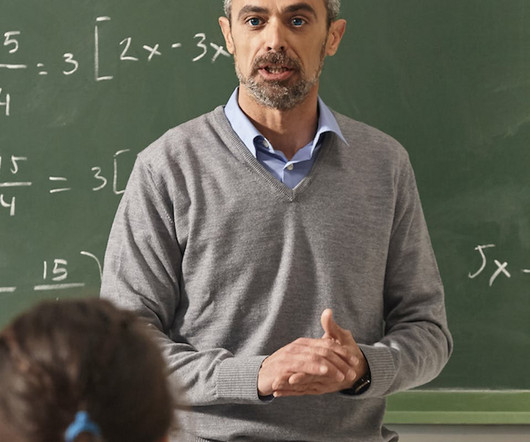

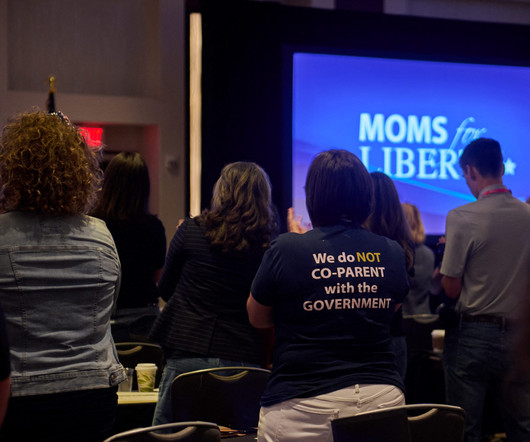







Let's personalize your content